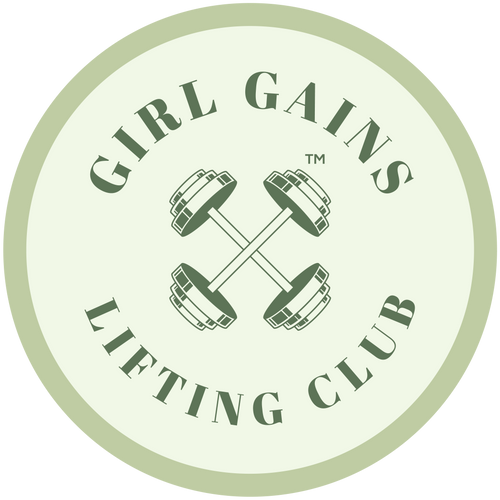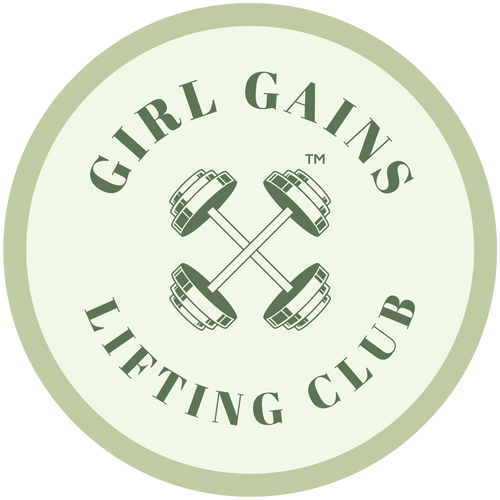What is creatine? What does it do?
Let’s start with the basics. Creatine is an amino acid that is found in your muscles and brain. It is synthesized by your liver, kidneys, and pancreas and also consumed through food, mainly red meat and fish.
Creatine is important for athletes because most of your body’s creatine is stored in your muscles and used for energy during high-intensity, short duration exercises like sprinting and - you guessed it - weightlifting. Supplementing creatine provides you an extra boost of energy during these short duration exercises.
Creatine has also been known to increase muscle mass in a number of ways. By boosting your energy during a training session, creatine allows you to exercise with more intensity, helping you build muscle. It also supports your muscles’ ability to repair and grow while reducing muscle breakdown.
Creatine can also help athletes avoid injury and reduce the likelihood of cramping and dehydration.
Is creatine safe? Who shouldn’t take creatine?
Creatine is one of the most widely researched supplements on the market, generally, it is safe. However, it is always best to consult with your healthcare provider before starting any new supplements.
Creatine is not recommended for people with liver or kidney disease or those with high blood pressure. You should also speak to a doctor before beginning creatine supplementation if you have diabetes, bipolar disorder, or are pregnant/breastfeeding.
Should I take creatine monohydrate or creatine HCl?
I prefer creatine monohydrate because it has been around for longer and studied more extensively. Current research shows no clear benefit of one form of creatine over the other in terms of strength and muscle mass gains when taking the recommended dosages.
Should I begin taking creatine with a “loading phase”?
A “loading phase” refers to the practice of taking creatine in larger doses, typically around 20g per day, for the first several days of beginning supplementation. Once the loading phase is over, creatine is consumed at smaller doses, between 2-5g per day.
Research has shown that beginning creatine with a loading phase has no long term benefit over consistently taking the traditional recommended dose, approximately 5g per day.
When should I take creatine?
Whenever it is most convenient for you!
The current research shows no clear consensus on whether taking creatine before or after your workout is most effective. It is recommended to take creatine with carbohydrates to optimize absorption.
It is best to take creatine everyday, including rest days, to maintain your muscle’s stores.
What brand of creatine should I buy?
Taking a 3rd party tested supplement is important to ensure that you’re getting the correct dosage and no harmful chemicals. Here are a couple of brands that are third party tested and available on Amazon.
Takeaways?
Creatine is the most thoroughly researched supplement for athletes. Creatine is a safe and effective way to support your gym goals by aiding muscle growth, boosting energy, and preventing injury. Factors like timing and “loading” your creatine aren't significant as long as you consistently take creatine daily.
Welcome to the Girl Gains Publication 💌
We highlight inspiring, educational, and entertaining articles written by women for women. Happy reading!










